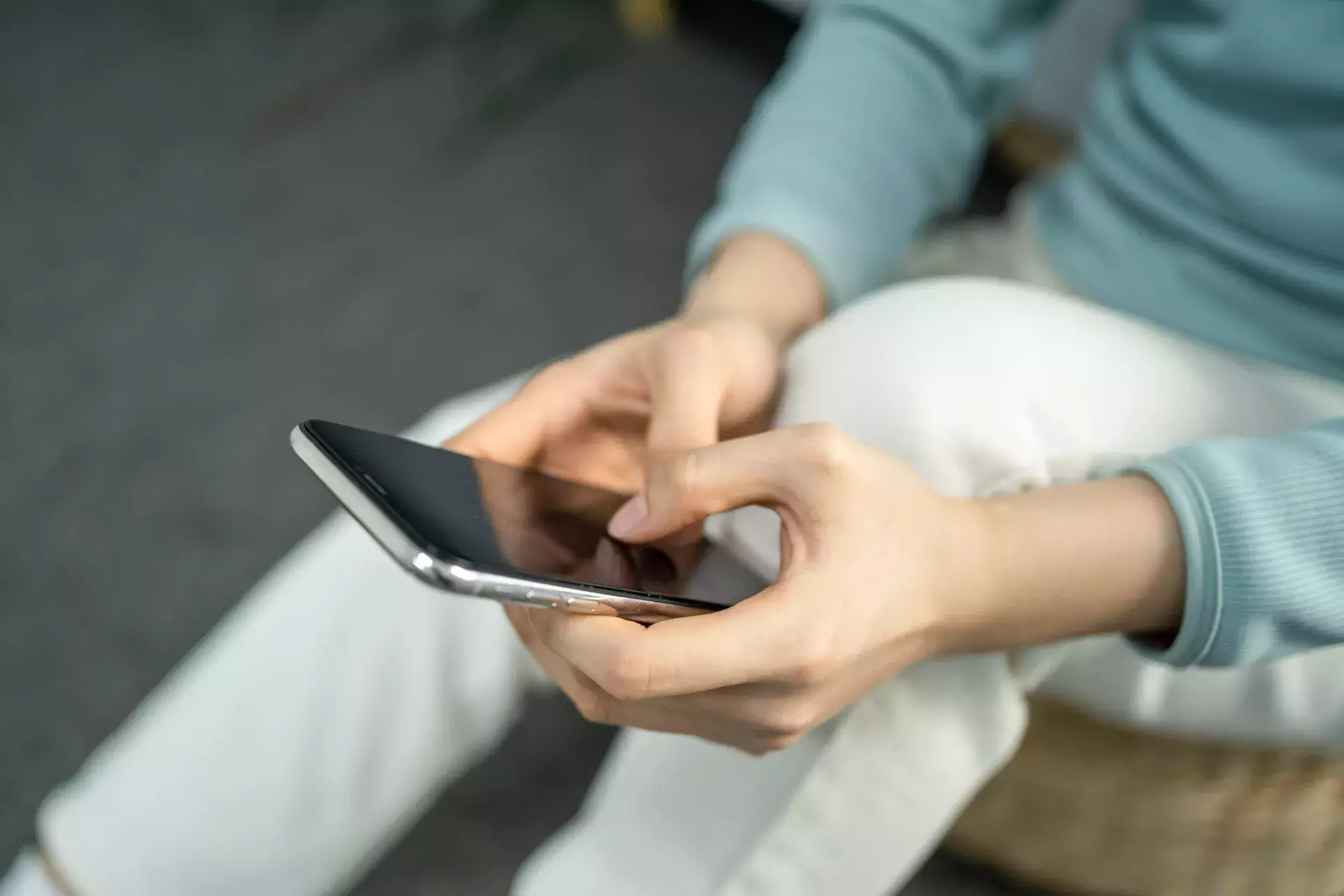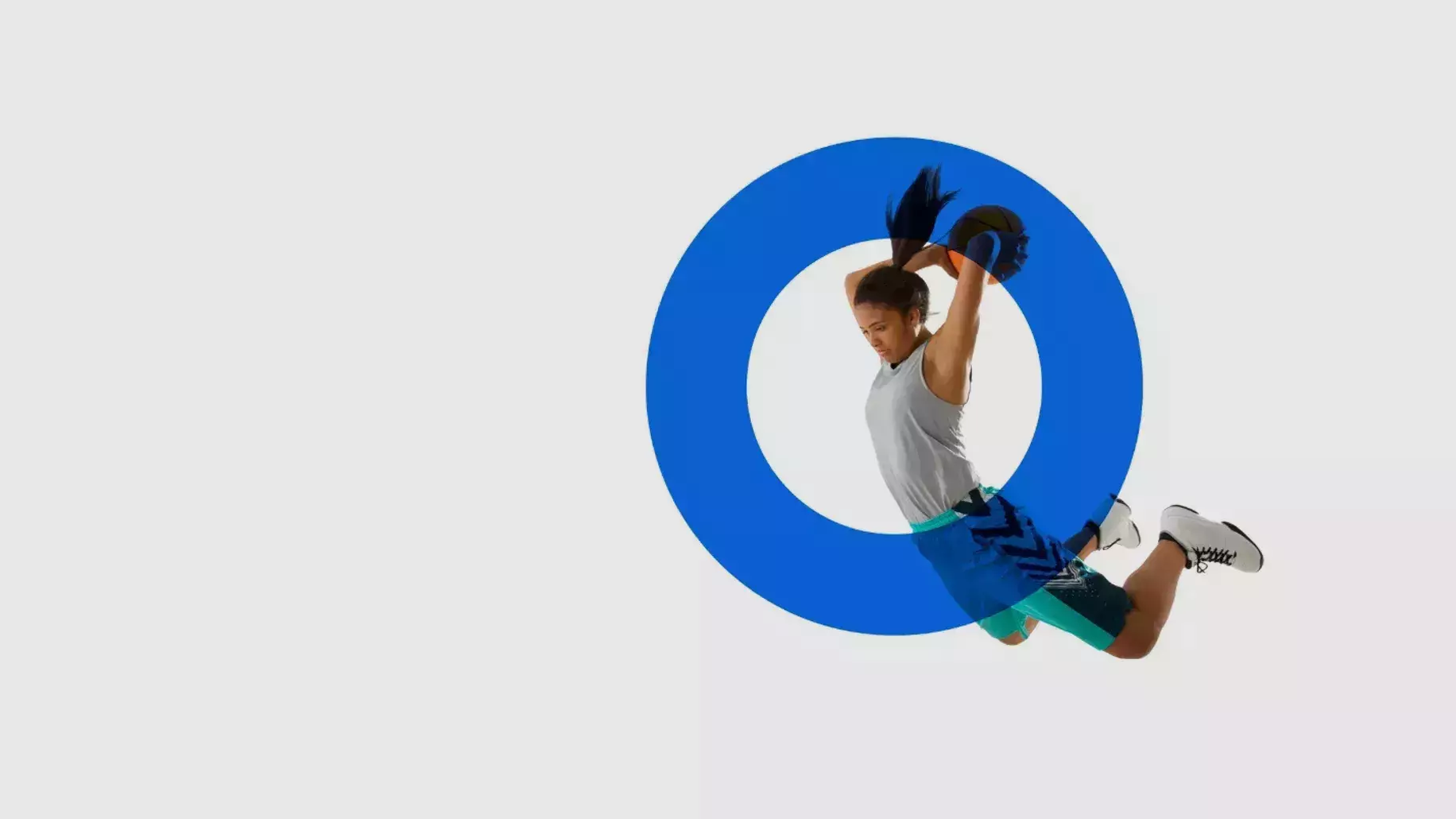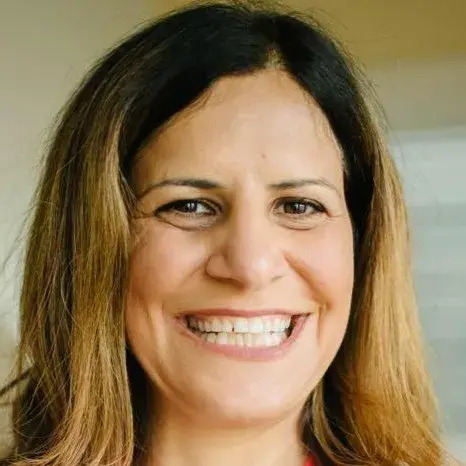FICO® Decisions Blog
Hear from the experts on applied intelligence, AI, decision management, fraud prevention, customer centricity and more.

Latest Posts
Filter by:

FICO Xpress Optimization Delivers up to 5.7x Faster Mixed Integer Programming (MIP) Since 2020
Read more

FICO Recognized in the 2026 Gartner® Critical Capabilities Report for Decision Intelligence Platforms
Read more
FICO® Named a Leader in the 2026 Gartner® Magic Quadrant™ for Decision Intelligence Platforms
Read more

Analytics Model Management: 7 Best Practices to Improve Compliance, Reporting and Performance
Read more





Popular Posts

Business and IT Alignment is Critical to Your AI Success
These are the five pillars that can unite business and IT goals and convert artificial intelligence into measurable value — fast
Read more
Average U.S. FICO Score at 717 as More Consumers Face Financial Headwinds
Outlier or Start of a New Credit Score Trend?
Read more
Average U.S. FICO® Score at 716, Indicating Improvement in Consumer Credit Behaviors Despite Pandemic
The FICO Score is a broad-based, independent standard measure of credit risk
Read more









